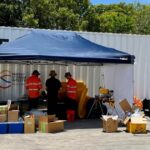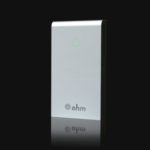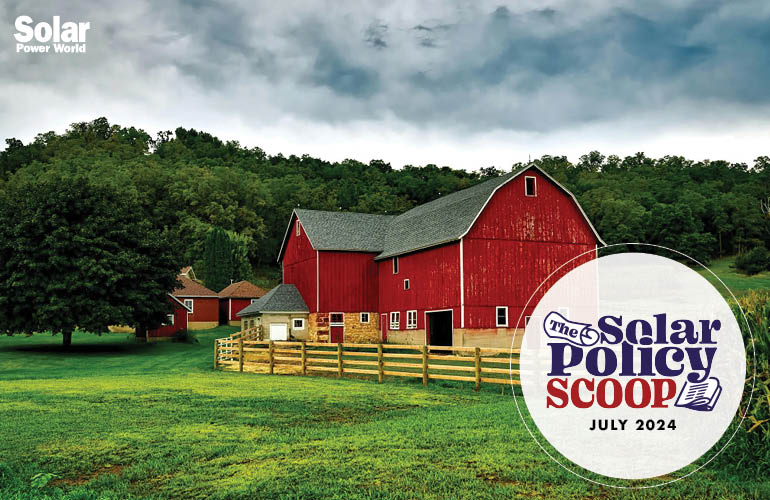400-kWh Honeywell flow battery prototype will test at Duke Energy site
Honeywell is working on a new flow battery design with a non-flammable electrolyte that will be first tested by Duke Energy at its Emerging Technology and Innovation Center in Mount Holly, North Carolina.
“Duke Energy has followed flow battery technology for a number of years and is interested in the advancements Honeywell is pursuing,” said Tom Fenimore, director, Smart Grid Emerging Technology and Operations. “Our Emerging Technology and Innovation Center is an ideal proving ground to study this technology.”
Honeywell’s new technology can store and discharge electricity for up to 12 hours, exceeding the duration of lithium-ion batteries, which often can only discharge up to 4 hours. The battery is designed with recyclable components and should not degrade over time. It maintains system performance, providing a reliable and cost-efficient system for 20 years.
Honeywell will deliver a 400-kWh unit to Duke Energy’s facility in Mount Holly in 2022. Honeywell aims to deploy a utility-scale pilot project of 60 MWh starting in 2023.
“With this flow battery, Honeywell has developed an innovative energy storage technology to answer upcoming energy storage needs beyond the current technologies available on the market,” said Ben Owens, vice president and general manager, Honeywell Sustainable Technology Solutions.
The Honeywell flow battery can also be combined with Honeywell’s unified system for process, business and asset management, Experion PKS, and its enterprise performance management solution, Honeywell Forge, for remote monitoring. The combination of technologies and renewable energy generation sources will provide an integrated energy storage solution for utilities and independent power producers to meet net-zero carbon goals.
News item from Honeywell
<!–
–>
Original Source: https://www.solarpowerworldonline.com/2021/10/400-kwh-honeywell-flow-battery-prototype-will-test-at-duke-energy-site/














